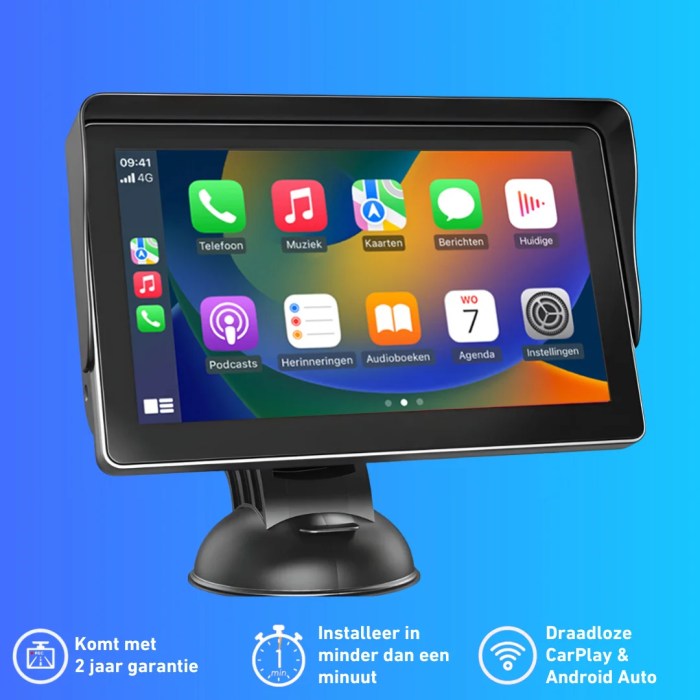The Internet of Things has made it easier to build connected applications that can interact with physical objects. But what is the best IoT platform for you to use? In this article, we’ll explore the top 10 IoT platforms and discuss their features and benefits so that you can make an informed decision on which one is right for your project.
The Definition of IoT
The Internet of Things, or “IoT” for short, is a term used to describe the growing trend of connecting physical objects and devices to the internet. This includes everything from your smartphone and smartwatch to your fridge and thermostat. By 2020, it’s estimated that there will be over 20 billion IoT devices in use around the world.
IoT devices are typically equipped with sensors that collect data about their surroundings. This data is then transmitted wirelessly back to a central database where it can be analyzed and used to trigger certain actions or events of Indian Matka. For example, if your thermostat detects that the temperature in your home has dropped below a certain level, it could automatically turn on the heater.
IoT platforms provide developers with a way to build connected applications that work with IoT devices. These platforms typically include tools for managing device connectivity, data storage, and analytics. They may also offer features like push notifications and user authentication.
What are the 10 best IoT platforms?
1. AWS IoT
2. Google Cloud IoT
3. IBM Watson IoT
4. Microsoft Azure IoT
5. ThingWorx
6. Cisco Jasper
7. Telit
8. Geeny
9. Helium
10. Kaa
Top 5 Things to Consider When Choosing an IoT Platform
1. Ease of use: The platform should be easy to use, with a user-friendly interface that makes it simple to develop and deploy connected applications.
2. Support for multiple devices: The platform should support a wide range of devices to connect all your devices and sensors to the same platform.
3. Open standards: The platform should support open standards such as MQTT and HTTP so that you can easily integrate with other systems and software.
4. Scalability: The platform should be scalable so that it can grow as your needs grow. It should be able to handle large amounts of data and traffic, without compromising performance.
5. Security: The platform should be secure so that your data is safe from hackers and unauthorized access. It should have features such as encryption and authentication to protect your data.
How to Choose the Right IoT Platform for Your Project
When it comes to choosing the right IoT platform for your project, there are a few key factors to keep in mind. First, you’ll want to consider what kind of connectivity your devices will need. This will help you narrow down your options and choose a platform that supports the right protocols.
Next, think about the data you’ll be collecting and how you’ll need to store and analyze it. Some IoT platforms offer built-in data management and analytics tools. While others require you to integrate with third-party services. Make sure you choose a platform that offers the features you need.
Finally, consider your budget and the level of support you’ll need. Some IoT platforms are free to use, while others charge monthly fees. If you’re just getting started with IoT, look for a platform that offers free or trial versions so you can test it out before making a commitment. Keep these factors in mind when choosing an IoT platform and you’ll be able to find one that’s perfect for your project.
Conclusion:
In conclusion, many different IoT platforms available on the market can help you build connected apps. Each platform has its own unique features and capabilities, so it is important to do your research before selecting one. Before making a final decision, think carefully about the needs of your project, budget constraints, and any other specific requirements in order to ensure that you choose the best platform for your project.
Read More: The Top 10 Habits That Will Make Your Business Successful









